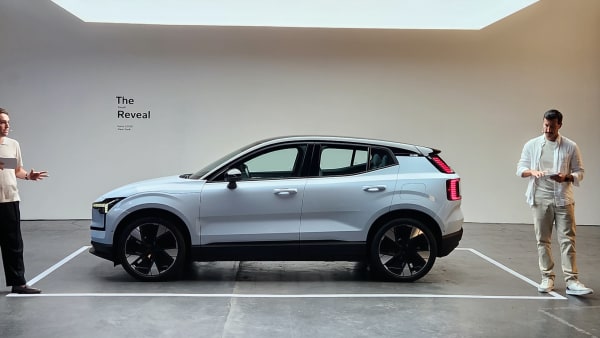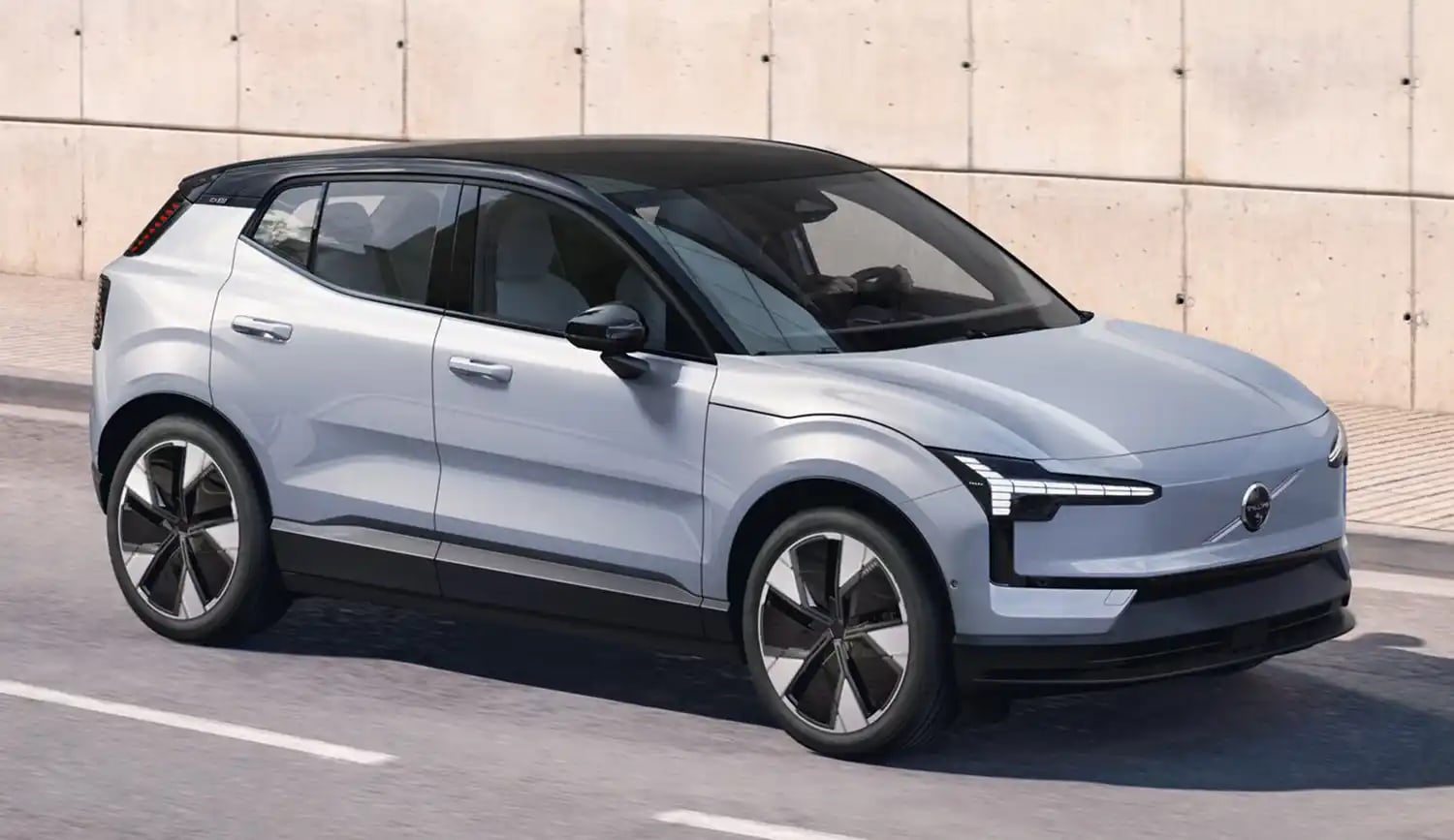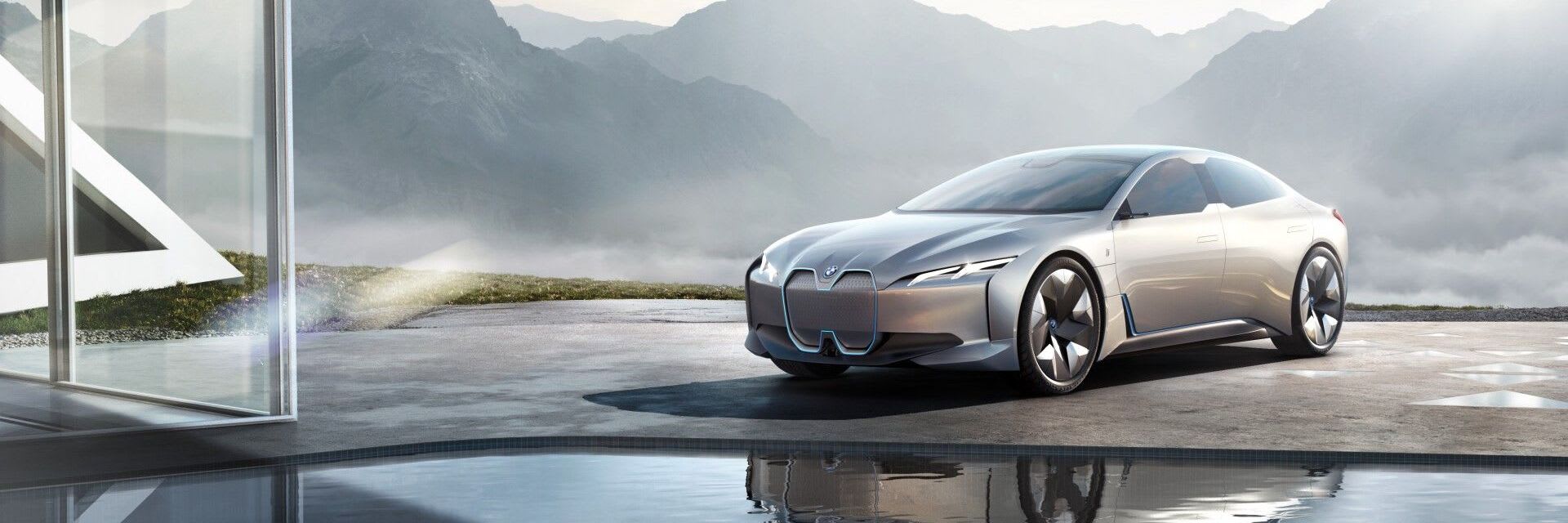Volvo EX30 LCA: Unveiling the Lowest-Carbon Footprint Among Volvo's Electric Vehicles
As the automotive industry transitions towards a more sustainable future, electric vehicles (EVs) are rapidly gaining traction as a key solution to reduce carbon emissions and mitigate climate change. In line with this trend, Volvo Cars has unveiled the Volvo EX30, a fully electric compact SUV that boasts an exceptionally low carbon footprint.

Life Cycle Assessment (LCA) Results
To quantify the environmental impact of the Volvo EX30, the company commissioned a comprehensive life cycle assessment (LCA). An LCA is a holistic analysis that evaluates the environmental performance of a product or service from cradle to grave, encompassing the entire lifecycle from raw material extraction to end-of-life disposal.

The LCA results for the Volvo EX30 reveal an impressive reduction in carbon emissions compared to its internal combustion engine counterparts. The study found that the EX30's lifecycle emits only 14.8 tons of CO2 equivalent (CO2e) per vehicle. This represents a significant decrease from the 55.6 tons of CO2e emitted by a comparable gasoline-powered vehicle.
Key Factors Contributing to Low Carbon Footprint
Several factors contribute to the Volvo EX30's exceptional carbon footprint:
* Battery Efficiency: The EX30 is equipped with a compact, 69 kWh battery pack that offers a driving range of up to 435 kilometers (270 miles). This efficient battery design minimizes the environmental impact associated with battery production and use.

* Low Rolling Resistance Tires: The EX30's tires are optimized for low rolling resistance, reducing energy consumption and emissions during driving.
* Sustainable Materials: Volvo has incorporated recycled and bio-based materials throughout the EX30's construction, further reducing its environmental impact.
* Green Energy Production: The EX30 is designed to be charged using renewable energy sources, such as solar panels. This eliminates the emissions associated with fossil-fuel-powered electricity generation.Comparison to Other Volvo Electric Vehicles
The Volvo EX30's carbon footprint is the lowest among all fully electric Volvo cars to date. It significantly outperforms the Volvo XC40 Recharge, which emits 22.5 tons of CO2e per vehicle. This improvement demonstrates Volvo's ongoing commitment to reducing the environmental impact of its vehicles.
Environmental Benefits
The reduction in carbon emissions associated with the Volvo EX30 has tangible environmental benefits:
* Mitigation of Climate Change: Lower carbon emissions contribute to reducing the greenhouse gases that drive climate change.
* Improved Air Quality: EVs produce zero tailpipe emissions, reducing air pollution and improving public health.
* Conservation of Natural Resources: EVs rely on electricity, which can be generated from renewable sources. This reduces the consumption of fossil fuels and promotes sustainable resource management.
The Volvo EX30's exceptionally low carbon footprint underscores Volvo Cars' leadership in sustainable mobility. Through its efficient design, use of sustainable materials, and integration with renewable energy sources, the EX30 sets a new benchmark for environmental performance in the automotive industry.
As EVs become more widespread and charging infrastructure continues to expand, the environmental benefits of zero-emission vehicles will become increasingly evident. The Volvo EX30 exemplifies this transition and demonstrates the path towards a greener and more sustainable future for transportation.
Additional Insights
* Volvo Cars aims to be climate neutral by 2040, with a focus on reducing emissions throughout its operations and supply chain.
* The EX30 is part of Volvo's ambitious electrification strategy, which targets 50% of global sales to be fully electric by 2025.
* The LCA for the Volvo EX30 was conducted by LCA specialists LCA Consult, using Volvo's Life Cycle Assessment methodology.
* The study considered various impact categories, including climate change, resource depletion, and human toxicity.
* Volvo Cars continues to explore innovative technologies and sustainability initiatives to further reduce the environmental impact of its vehicles.
